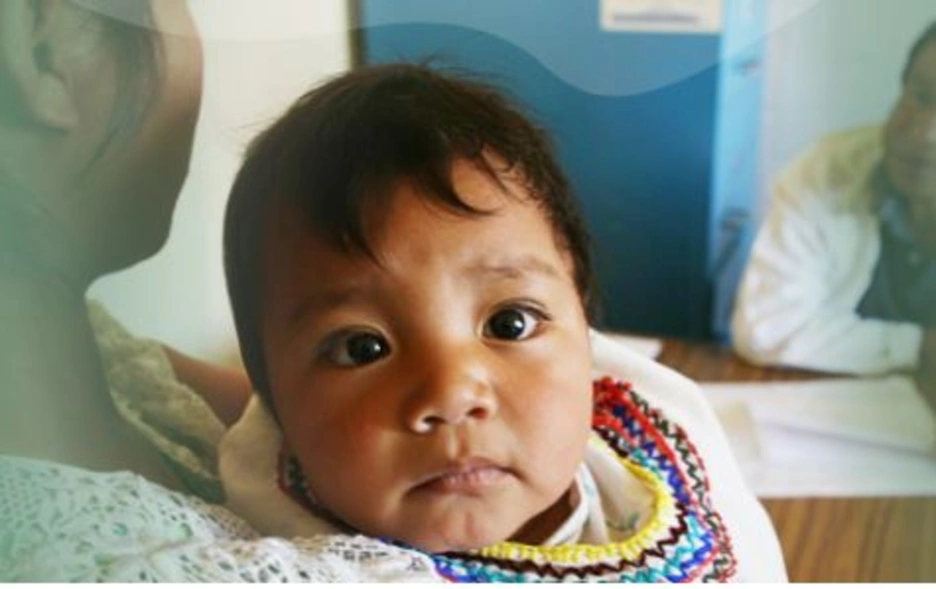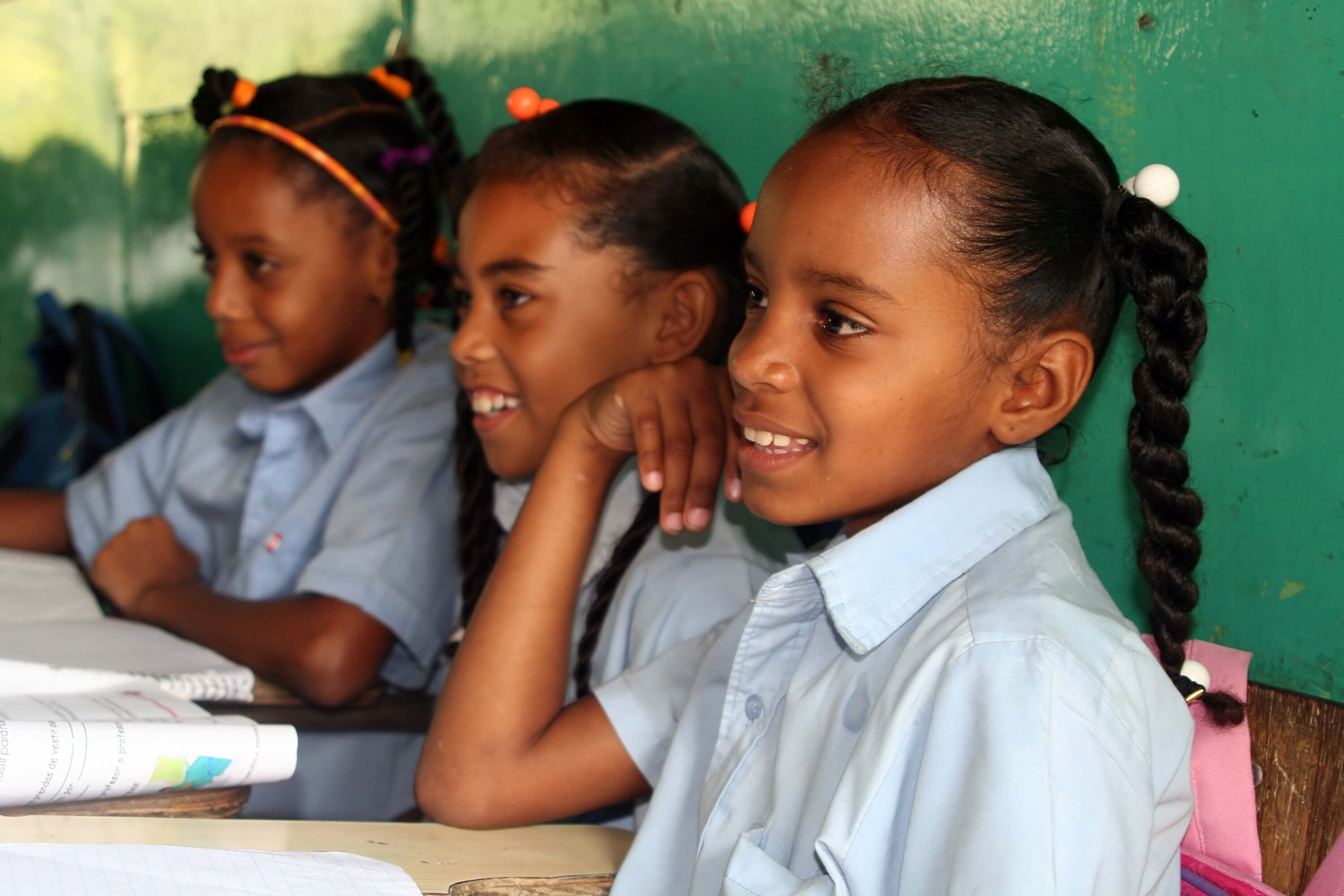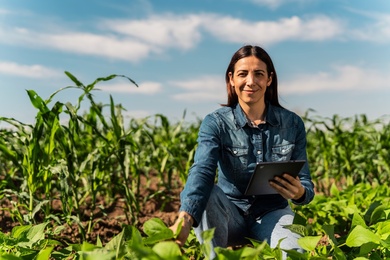IDB World: Good Jobs, Universal Health Coverage, Fighting Poverty With Remittances

Economic growth: How to create good jobs in Latin America and the Caribbean?
Having overcome the COVID-19 crisis, the data indicates that the labor market began to recover in Latin America and the Caribbean, but does this mean that good-quality jobs have been created in the region?
By February 2023, from our Labor Observatory we recorded employment growth at 9 million above the pre-pandemic level. This growth is encouraging, but the indicator by itself is insufficient.
Many workers in Latin America and the Caribbean do not earn enough to live, especially in countries facing high levels of inflation, and are in conditions of working poverty.
Towards Universal Health Coverage in Latin America, are we on the right track?
“You need to run as long as you can to stay in the same place. If you want to get to another place, you must run at least twice as fast!” said Alice in Wonderland.
In the context of Universal Health Coverage (UHC), the right path involves addressing three crucial issues effectively: removing barriers to access to health services, improving the quality of services, and reducing out-of-pocket costs of the health population.
Up to 90% of the population of Latin America and the Caribbean can receive medical attention; however, the region has significant disparities:
The population living in rural areas and the indigenous population have less access and receive lower quality services, which is reflected in a worse state of health compared to populations living in urban areas.
Health financing has increased in all countries, but it is not enough.
Out-of-pocket spending continues to be high and creating financial barriers for people to access healthcare.
Remittances Vs Poverty in Central America, Mexico and the Dominican Republic
Remittances are much more than a transfer of money from one country to another. They are an emotional and financial link connecting migrant workers to their homes and families in their countries of origin. For families on the receiving end, remittances are a source of hope and security and have a significant impact on their quality of life.
At the macroeconomic level, remittances are an important stabilizer of consumption and balance of payments and contribute to reducing poverty and inequality. At the level of the countries of the northern triangle, Mexico and the Dominican Republic, they amounted to more than US$100,000 million in 2022, growing 12% compared to 2021 and 58% compared to 2019. In the northern triangle, remittances represented 22% of GDP in 2022, 4% of GDP in Mexico and 9% of GDP in the Dominican Republic.
How do these figures translate into better socioeconomic conditions for households in Central America, Mexico and the Dominican Republic? Let's get to know 4 characteristics that detail the importance of remittances in the region.
LIKE WHAT YOU JUST READ?
Subscribe to our mailing list to stay informed on the latest IDB Invest news, blog posts, upcoming events, and to learn more about specific areas of interest.
Subscribe



